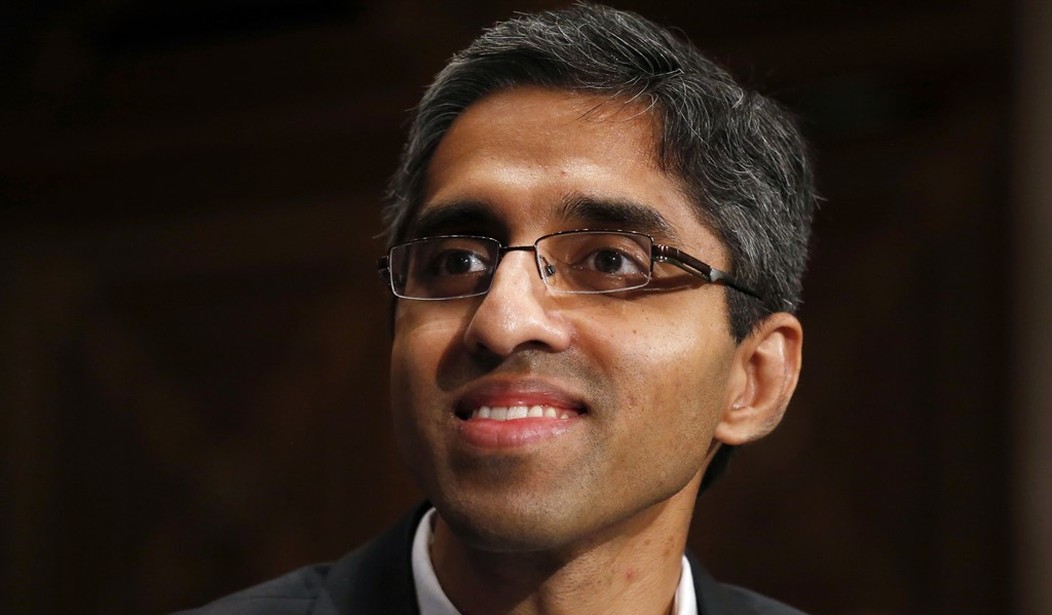U.S. Surgeon General Vivek Murthy said in a recent interview that coronavirus restrictions should be scaled back "as the pandemic improves" but that the pandemic is not yet over.
"The pandemic is not over today. We are still seeing record numbers of hospitalizations, deaths, and cases in this country," Murthy told The Associated Press. "I think that as the pandemic gets better, we should be pulling back on restrictions. The conversation now is about what should determine when that happens."
He gave some indication of what would have to occur before he believes restrictions should begin to be eased, such as COVID hospitalization and death statistics, and hospital staffing.
"It's likely going to be some combination of the hospitalization rate or hospital capacity itself, which is about health care staffing, about the death rate, and also just about where we're going in terms of cases," Murthy said. "We also have to have a clear plan for protecting those who are more vulnerable. And we know that there are people in our community, particularly those who are immunocompromised, who may continue to be at higher risk."
This comes as a number of Democratic states are joining GOP-led states in lifting indoor mask mandates. California, Oregon, New Jersey, Delaware and Connecticut are among those to have announced this week their plans to remove indoor masking requirements. However, some states easing restrictions will still require masking in schools.
Only six states with mask mandates left, per CNN. Not to mention the District of Columbia.
— Josh Kraushaar (@HotlineJosh) February 11, 2022
Recommended
Murthy said in the interview that he could envision a future without masks but could not say when he believed that time would come.
"I can't tell you if it's coming in a couple of months or in six months or in 12 months," he said.
The American public has received contradictory COVID guidance this week as health officials have expressed different views on how the country should approach the pandemic going forward.
Centers for Disease Control and Prevention director Rochelle Walensky said earlier this week that the agency's guidance on masking has not changed even after several blue states eased COVID restrictions.
She said Tuesday during a radio interview on WYPR's "Midday" that the CDC "still recommends that all schools encourage students to wear well-fitting masks consistently and while indoors. And that's consistent with our guidance that still also recommends that people mask in public indoor settings in areas of high or substantial transmission."
But White House chief medical adviser Anthony Fauci said in an interview with the Financial Times on Tuesday that the U.S. is "heading out of" the "full-blown pandemic phase of COVID-19."
























Join the conversation as a VIP Member